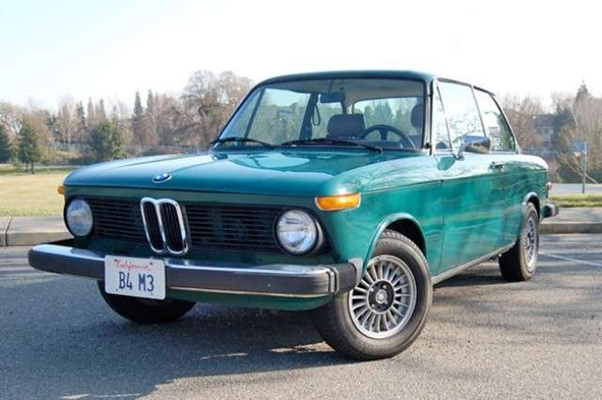Buying a vintage collectible car? Here are a few tips

Owning a vintage car is like owning a piece of history. You can see why there is so much buzz around cars that used to run the streets of old cities decades back. And while it is a source of pride and joy to own a vintage car, there is much that goes into the buying process. If you have your eyes set on a great piece, there are some things you should look into.
Budget
The amount you are willing to spend on some historic wheels has to be the biggest consideration in the whole buying process. There is a great demand for unique cars, and with great demand comes a hefty price tag. It could range from tens of thousands of dollars to millions. It’s a great business!
That is only the upfront cost. You have to remember that owning a vintage car could mean additional expenses for maintenance and touch-ups. It’s best to set a magic number you are willing and capable of shelling out from acquisition to actual use.
Condition
Apart from its name and history, what greatly affects the price of a vintage car is its condition. If you are collecting cars, then you must know a lot about them. But if you are not, you can always bring a trusted mechanic with you when checking out a unit.
What are some of the things you should check?
- Frame rusts - Corrosion is a big enemy of any car. When checking the one you are interested in, look for spots that might be compromised because of rust. When you see one, do scrape or press on it to check if the metal underneath is still holding up well.
- Surface rust - It is common for cars to have surface rust regardless of age because of use. Stones hit the surface and scrape the paint, and expose the metal underneath, making it vulnerable to corrosion. However, just because it’s less serious than frame rust doesn’t mean it’s not a big deal. It takes a lot of money to retouch surface rust. Also, make sure to check for paint cracks, stains, and bubbles.
- Gaps - Over time, car doors and hoods may not close tightly, but excessive gasp or misalignment could hint at serious damage the car could have sustained before. Or it could also mean a compromised structure.
Authenticity and documentation
Finally, you should check the details on the car’s papers if they match the information on the VIN plate and cowl tag. VIN plates are necessary to register the car eventually while the cowl tag contains information about the original paint color, build date, body style, and the factory it came from.
Check all the car documents. It is necessary to be aware of the car’s history of repair. Plus, all these papers are needed for the transfer of ownership
Finally, to ensure you are getting a good deal, do not hesitate to enlist the help of experts–car appraisers, mechanics, and vintage car dealers